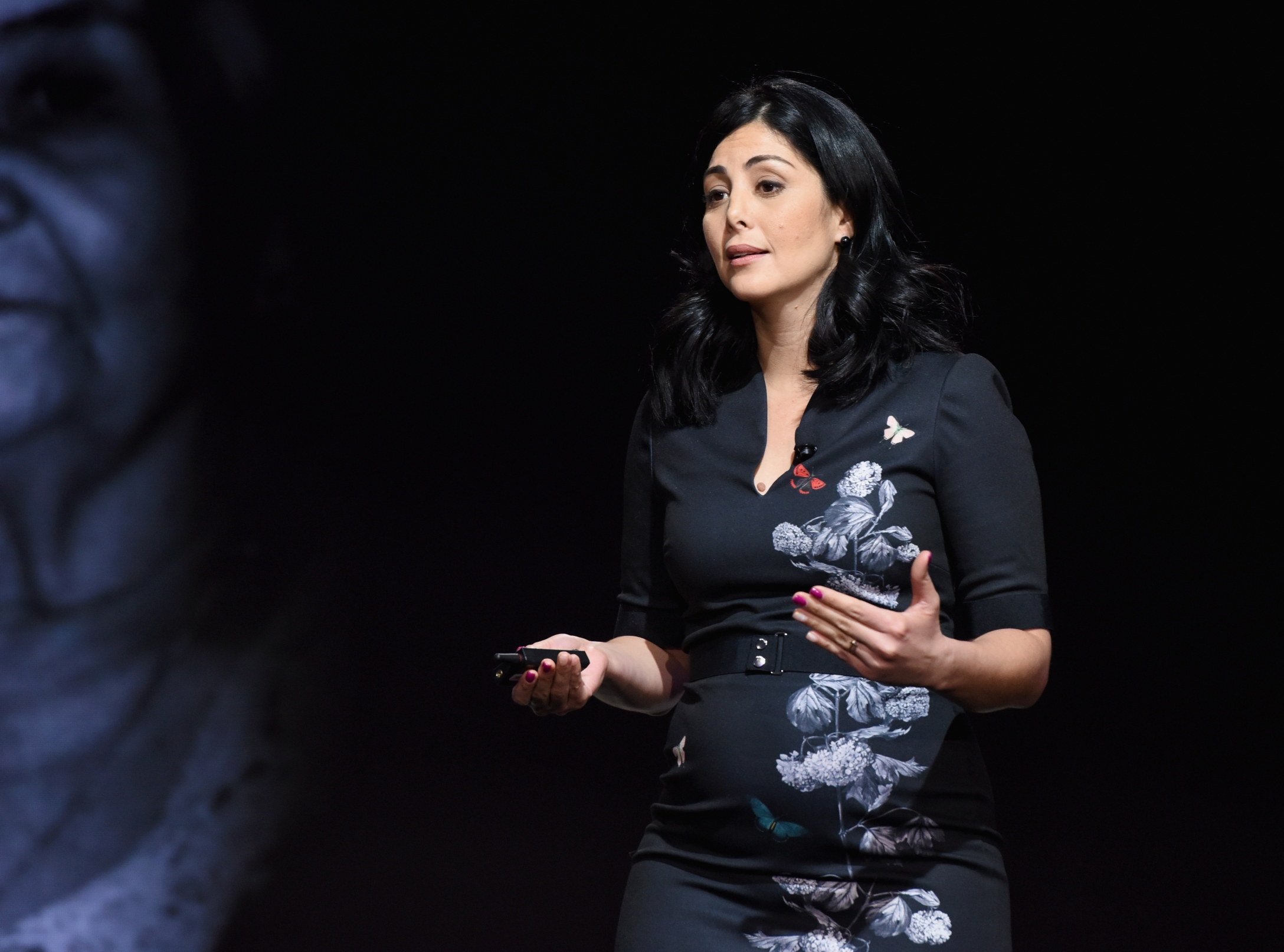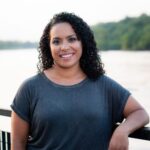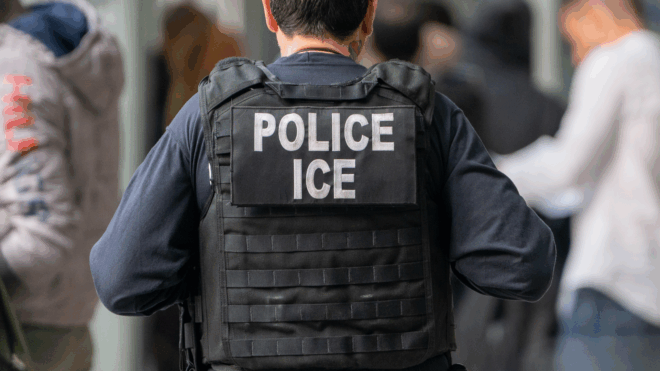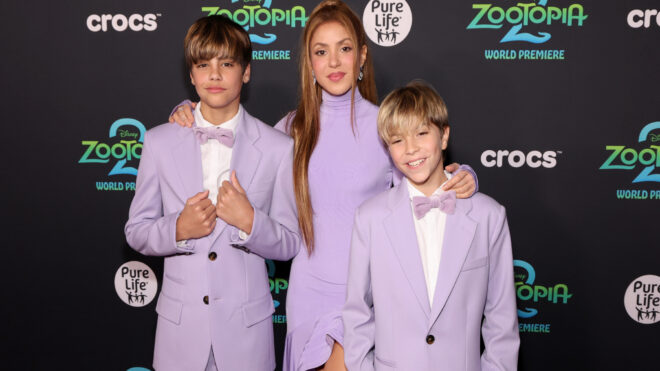
NASA Flight Director Diana Trujillo made history on February 18, 2021, when the Perseverance rover landed safely on the planet Mars, culminating a seven-month journey. The landing itself was historic, but so was Diana's achievement. Having moved to the United States from Colombia at 17 years old with just $300 to her name. She didn't even speak English, and now as an aerospace engineer, she is one of only a few Latina scientists working for NASA and even more rare as a flight director.
More from MamásLatinas: Ellen Ochoa, the first Hispanic woman to go to space, on making dreams come true
"We didn't even have food. We'd boil an egg and we'd cut it in half, and that was our lunch that day. I remember just laying down on the grass and looking at the sky and thinking, 'Something has to be out there that's better than this,'" said Diana, whose family struggled financially throughout her childhood, ultimately prompting her decision to leave home and pursue an education in the US.
The moment was big.
"I was very much on the mindset of 'What's happening?'" Diana told CBS of watching Perseverance land, explaining how she thought, "Are we safe? I think that watching the image was when I actually processed that we had actually landed."
Diana worked nights as a housekeeper to pay for school.
Diana was driven when she left home, and began working nights as a housekeeper to pay for her education at the University of Florida, where she studied aerospace engineering after deciding on a major while in line at the university to declare.
She was unbothered by what she had to do.
"I saw everything coming my way as an opportunity. I didn't see it as, 'I can't believe I'm doing this job at night,' or 'I can't believe that I'm cleaning. I can't believe that I'm cleaning a bathroom right now.' It was just more like, 'I'm glad that I have a job and I can buy food and have a house to sleep.' And so, I think that all of those things make me, and even today, helps me see life differently."
Her upbringing helped put things into perspective.
"As a little girl, I saw the women in my family give up a lot. It gave me the tenacity that I needed to say I'm not going to give up on my dream. I want to be out there looking back in, showing my family that women have value, that women matter," said Diana whose own mother dropped out of medical school when she met Diana's father.
Diana knows what her success represents.
With so few Latinos in her field, and even fewer Latinas, she knows that her success is more than her own. "I'm walking in there and every single thing that I do, I'm representing my country, my culture, my heritage, my people, and I have to give my best every single time," she said.
She's happy to be the trailblazer.
"The more hers there are, the more engineers and scientists that are Latin are out there, the more chances we have for those kids to have la chispa, where they say, 'I want to be that,'" said Diana.
Her platform is continuing to grow.
Since her success with the Perseverance landing, Diana's platform and influence have continued to grow, in part because she hosted NASA's first Spanish-language planetary landing broadcast during the successful Mars landing.
She will undoubtedly be in history books.
Whether she shows up in history books down the line as a pioneering woman in STEM, as a notable immigrant or as an inspiring Latina, she will undoubtedly be included in history spines for her incredible accomplishments and contributions to her field.
She wants to be seen.
Diana wants to be seen. Not for her own glory, but so that others will know what women, what Latinas are capable of.
"The abuelas, the moms or dads, the uncles, los primos, like everyone has to see this," she said. "And they have to see a woman in there, too. So, that they can turn around to the younger generation and say she can do it, you can do it."
Diana still has goals.
Although she's already accomplished so much since immigrating to the US, Diana still has career goals. "Something has to be out there that's better than this. Some other species that treats themselves better or values people better," she said.
Her work will continue.
"Understanding if we're alone in the universe is the ultimate question," Diana said. "I hope that within the one year of surface operations on Mars, we can answer that question."
Dream big, little ones.
"You and your daughters and your sons can become scientists and engineers, too," Diana tweeted after the rover landed successfully, encouraging children to dream big and set goals no matter where they're starting. "You can start today."




